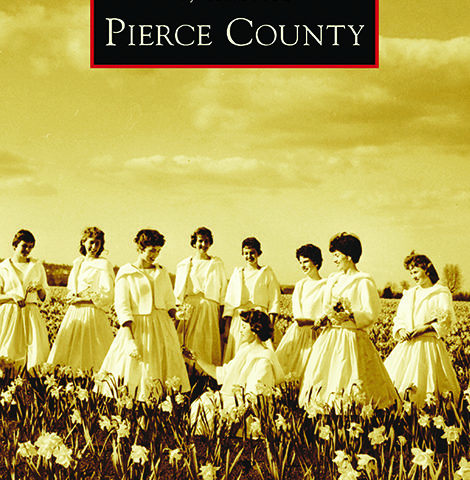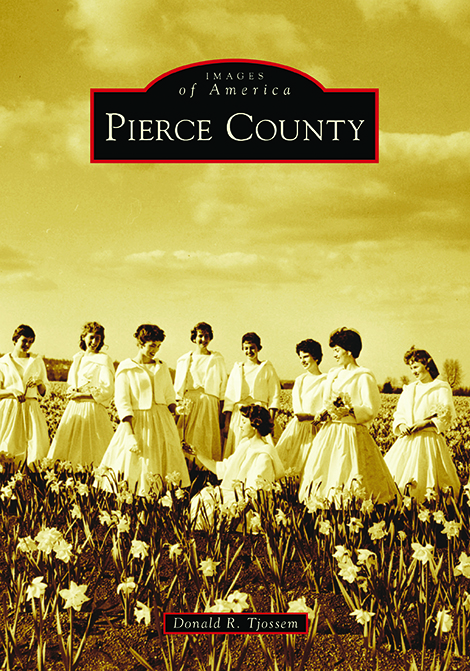Answers to how families can celebrate your life
Planning for a funeral, one of the most difficult conversations in a person’s life, can put an emotional strain on family members and friends, but some of the stress can be relieved when the most common questions have answers.
Start by examining your options. While funeral homes generally have similar offerings, they can also vary in pricing and other amenities. It’s important to choose a funeral home you feel will meet the emotional needs of family members and be sensitive to your budget.
Consider these five common questions funeral directors are asked, along with advice and direction from the National Funeral Directors Association (NFDA):
How much does a funeral cost?
The value of a funeral is often more important than cost for families, as it should provide an opportunity to remember and honor loved ones. While the national median cost of a funeral is $7,360, the most meaningful service isn’t necessarily the most expensive. The price is determined by the elements a family chooses to incorporate. There are meaningful touches that cost little to nothing to add. A licensed funeral director can provide guidance about all of the options available to make a tribute meaningful.
How do I ensure my family knows my end-of-life wishes?
A survey conducted by NFDA found nearly 3 in 5 Americans aren’t confident they could plan a funeral for themselves. Having discussions with those close to you can help ensure the service reflects your wishes and is meaningful and healing for loved ones.
How can my loved ones celebrate my life in a more personal way?
A funeral director’s priority is to help families commemorate the lives of loved ones in meaningful ways by incorporating elements into the service that reflect the interests and legacy of the deceased. Whether you’re interested in a ceremony at a special location or would like your favorite music incorporated, there are many ways to make a service personal.
Can I have a funeral even if I choose to be cremated?
Cremation doesn’t preclude funeral and memorial services. In fact, it can provide more options, such as a viewing and funeral before or a memorial service after cremation. When it comes to laying your cremated remains to rest, you also have options. According to the NFDA 2019, about 42 percent of cremated remains are returned to families, 35 percent are buried at a cemetery, 16 percent are scattered at non-cemetery locations, and 8 percent are placed in a columbarium.
Is it appropriate for children to be involved in funeral planning?
A funeral director can help you find age-appropriate ways to talk with children about funerals and include them, if they are comfortable, in a service. There are many ways for children to be involved, including greeting guests, sharing a reading, and placing flowers at the casket.



 years since Dec. 22, 1852, when it was officially incorporated and later named for then-U.S. president Franklin Pierce, Pierce County has grown in population to about 900,000, spawned cities and towns ranging from Gig Harbor and Tacoma to Puyallup and Eatonville, and become known nationally as the home of Mount Rainier and as the launching place for businesses such as Weyerhaeuser. “Images of America: Pierce County†(Arcadia Publishing), a 128-page history written by longtime resident Donald Tjossem, chronicles the county’s old days in words and photos.
years since Dec. 22, 1852, when it was officially incorporated and later named for then-U.S. president Franklin Pierce, Pierce County has grown in population to about 900,000, spawned cities and towns ranging from Gig Harbor and Tacoma to Puyallup and Eatonville, and become known nationally as the home of Mount Rainier and as the launching place for businesses such as Weyerhaeuser. “Images of America: Pierce County†(Arcadia Publishing), a 128-page history written by longtime resident Donald Tjossem, chronicles the county’s old days in words and photos.